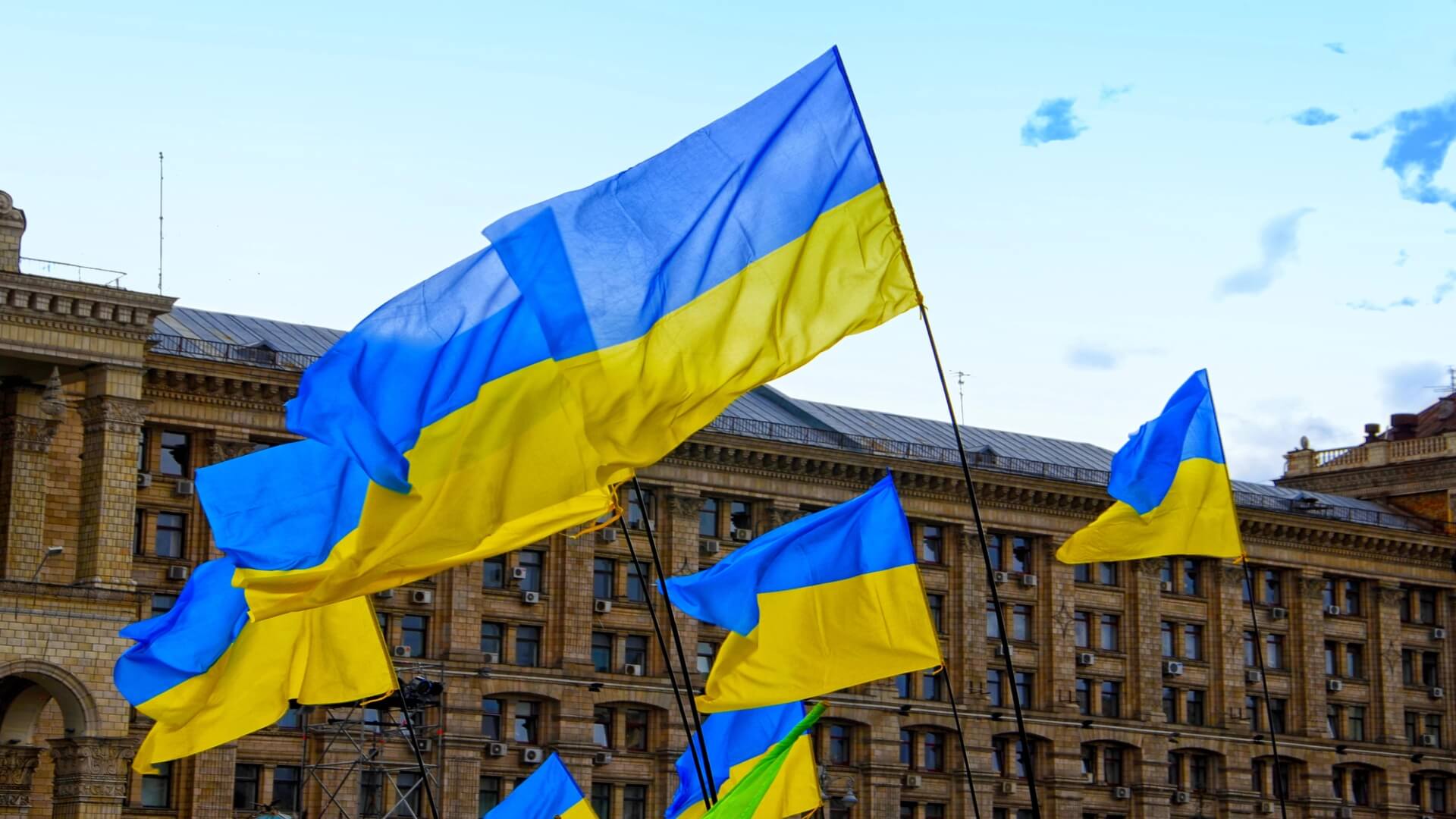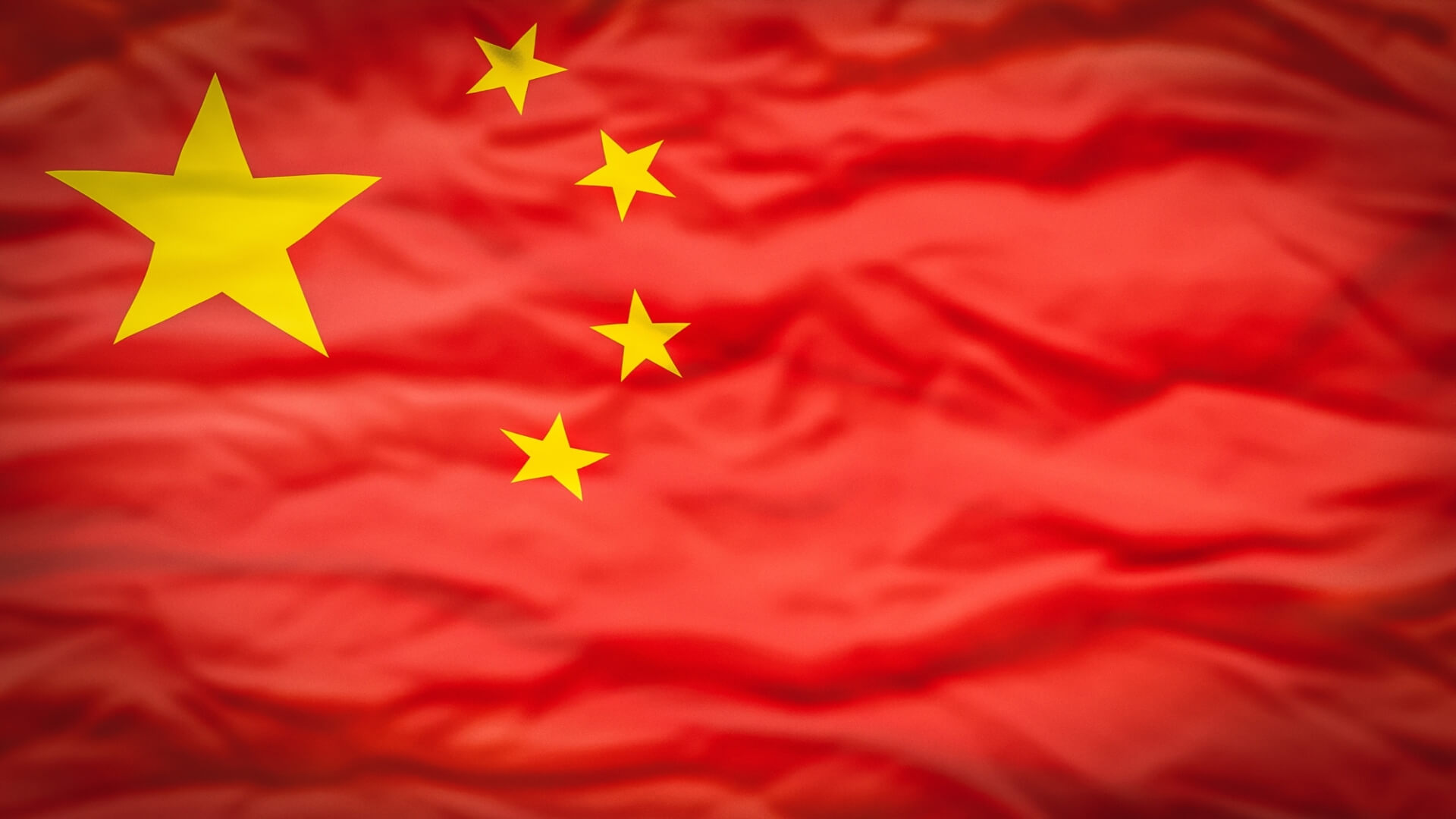Global technology companies are playing a key role in Ukraine’s defense in Russia’s war on Ukraine by providing cyber-security, satellite imagery, access to the internet, and the surveillance of information. Russia is using conventional and cyber-warfare strategies against Ukraine, for example, the simultaneous shelling of the Zaporizhzhia nuclear plant and a major cyber-attack against its operator, Ukraine’s state nuclear power company, Energoatom. It would be very difficult, if not impossible to counter these attacks without the support of major technology companies. Microsoft and Amazon have helped Ukrainian public and private actors secure their critical software services by moving their on-site premises to cloud servers in order to guarantee the continuity of their activities, and aid in the detection of and response to cyber-attacks. Meanwhile, Google has assisted Ukraine by creating an air raid alerts app to protect Ukraine’s citizens against Russian bombardment, while expanding its free anti-distributed denial-of-service (DDoS) software, Project Shield, used to protect Ukraine’s networks against cyber-attacks.
Meta (parent company of Facebook), X (formerly Twitter) and Google-owned have placed restrictions on Russian state-run media’s access to ad platforms and continue to fact-check posts deemed false. Microsoft and Google have limited downloads of Russian state-run media services from their app stores. Microsoft has also worked with U.S. and Ukrainian government officials to warn of hacking threats. In addition, Google disabled a feature that displays traffic conditions in its widely used Maps app, a move that could potentially make navigating more difficult for the Russian military to support Ukraine’s defense.
Big technology companies are finding themselves no longer as simply neutral providers of technology platforms, but rather having to make value judgments regarding how governments use their platforms in wartime, and what types of speech violate the bounds of hate, violence, and propaganda. Here is an opinion piece we found of interest relating to how the big technology giants are playing a role in Ukraine’s defense against Russia’s war.
Tech giants hold huge sway in matters of war, life and death. That should concern us all
In an opinion piece “Tech giants hold huge sway in matters of war, life and death. That should concern us all” for The Guardian, Keir Giles, research director with the Conflict Studies Research Centre Ltd., discusses how Big Tech has played a vital role in Ukraine’s resistance against the Russian invasion. Technology companies such as Amazon, Google, Microsoft and others have been essential to the defense of Ukraine. He highlights the most recent revelation that Ukrainian naval operations were blocked by a lack of support from Elon Musk’s Starlink system, parent company SpaceX, cast light on the complex relationship with Russia and Ukraine. Giles points out that private companies are now playing major roles in cyber, telecommunications, national resilience and more with no directive to do so.
Giles argues that the capabilities of private sector security firms are an integral part of western cyber-defense capability, and in particular, the digital security of critical infrastructure which has largely been entrusted to private industry, but the Starlink example of Ukraine has thrown open the question of where that industry’s loyalty may lie. Unfortunately, this isn’t the first time Ukraine has depended on Starlink and been let down. In October 2022, Starlink ceased to function when they entered newly liberated areas, depriving them of a critical communications capability at a vulnerable moment. In February 2023, Starlink placed further restrictions on usage, stating the system could not be used for offensive purposes such as providing communications for controlling drones carrying out attacks on Russian troops. Read the full article on The Guardian.
Disclosure: Fatty Fish is a research and advisory firm that engages or has engaged in research, analysis, and advisory services with many technology companies, including those mentioned in this article. The author does not hold any equity positions with any company mentioned in this article.
The Fatty Fish Editorial Team includes a diverse group of industry analysts, researchers, and advisors who spend most of their days diving into the most important topics impacting the future of the technology sector. Our team focuses on the potential impact of tech-related IP policy, legislation, regulation, and litigation, along with critical global and geostrategic trends — and delivers content that makes it easier for journalists, lobbyists, and policy makers to understand these issues.
- The Fatty Fish Editorial Teamhttps://fattyfish.org/author/fattyfish_editorial/January 19, 2024
- The Fatty Fish Editorial Teamhttps://fattyfish.org/author/fattyfish_editorial/January 3, 2024
- The Fatty Fish Editorial Teamhttps://fattyfish.org/author/fattyfish_editorial/January 3, 2024
- The Fatty Fish Editorial Teamhttps://fattyfish.org/author/fattyfish_editorial/December 31, 2023










